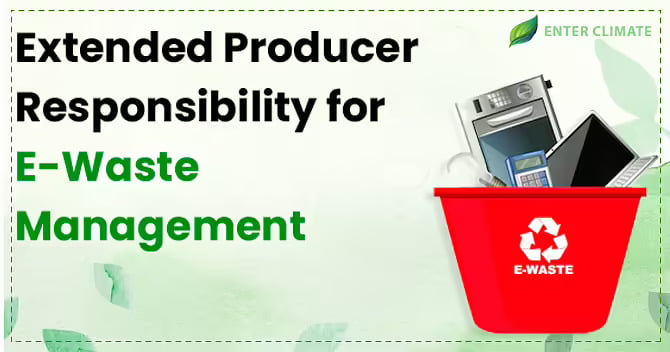
Extended Producer Respo...
The lockdown was imposed worldwide due to Covid-19, forcing everyone to isolate themselves from the outside. The world adapted to the online mode of everyday work, including online offices and....Read More
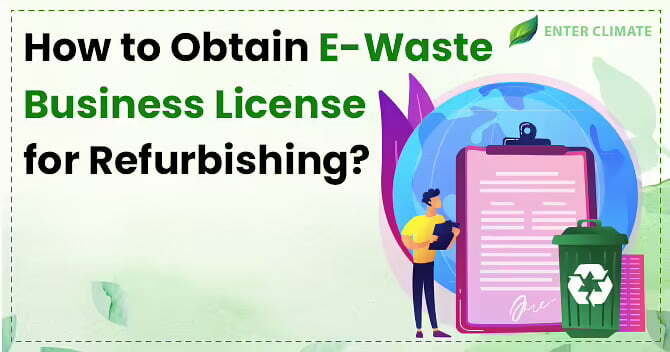
How to Obtain E-Waste B...
As per the latest 2021 report of the United Nations, every individual in the world produces an average of 7.6 kg of e-waste, resulting in a total of 57.4 million....Read More
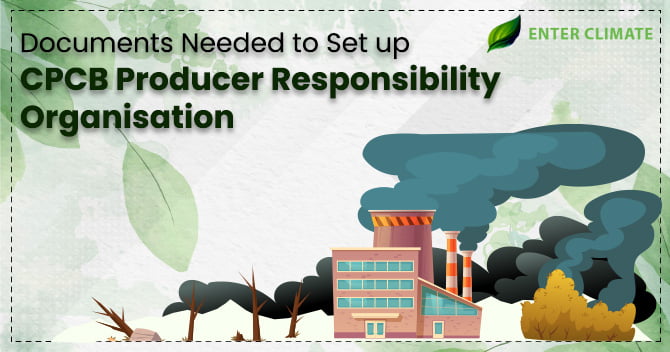
Documents Needed to Set...
The E-Waste (Management) Rules of 2016 define Producer Responsibility Organisations under Rule 3(dd) as professional organisations authorised or financed collectively or individually by producers. The....Read More
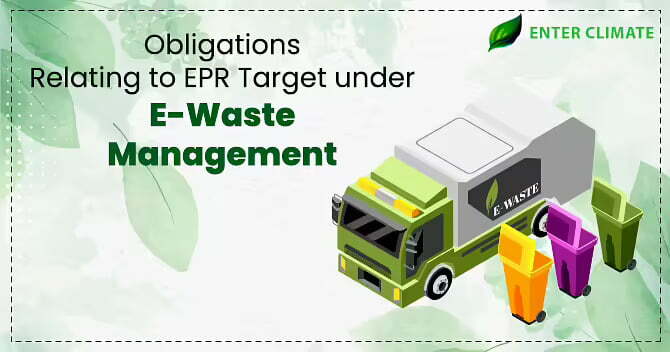
Obligations Relating to...
EEE (Electric or Electronic Equipment) have become an essential part of everyone’s life, especially with the spread of the pandemic. But this development and influx of products in the market,.......Read More
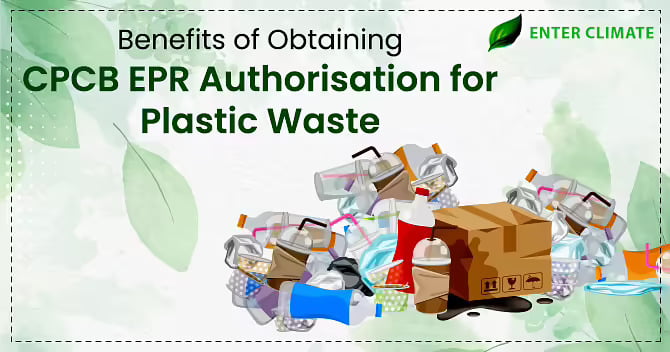
Benefits of Obtaining C...
The industrialisation has mainly contributed to the development of the world with the introduction of mass manufacturing and assembly process to increase production and maintain the influx of new prod....Read More
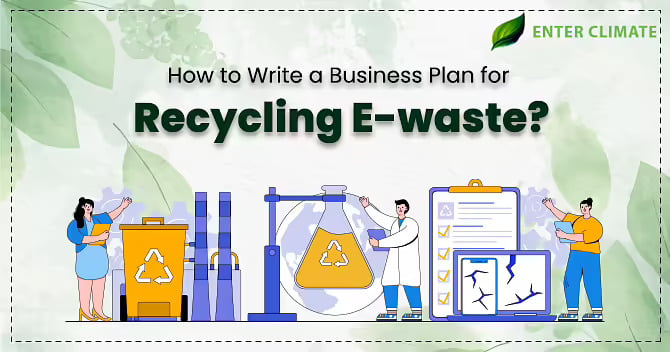
How to Write a Business...
With the constants influx of new technology and gadgets in the market, the amount of E-Waste is also growing, causing the need for proper classification of E-Waste into different categories....Read More
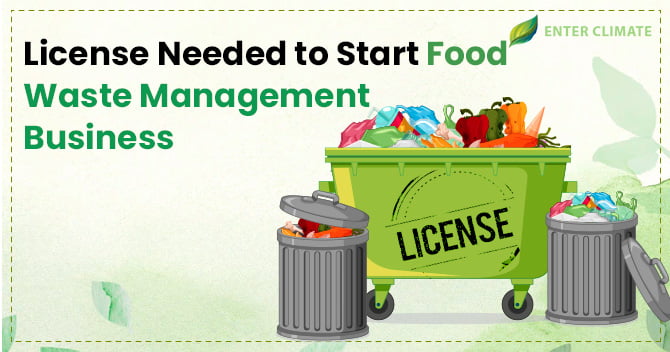
License Needed To Start...
Food waste includes cooked and processed food items as well as uncooked food items. Food waste management is of grave concern in a vast country like India. Waste is not....Read More
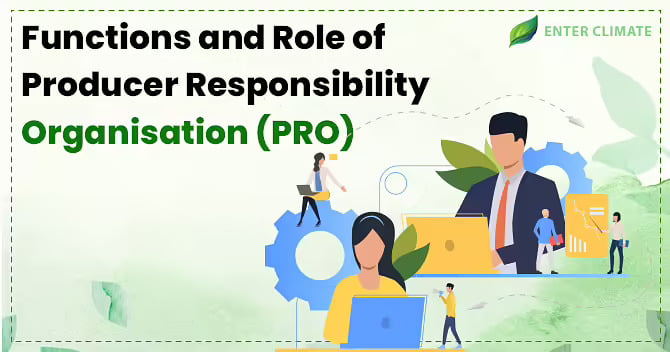
Functions and Role of P...
PRO or Producer Responsibility Organisation is defined as the enterprise that is delegated with the Producer’s responsibility to fulfill their Extended Producers’ Responsibility pertaining to coll....Read More
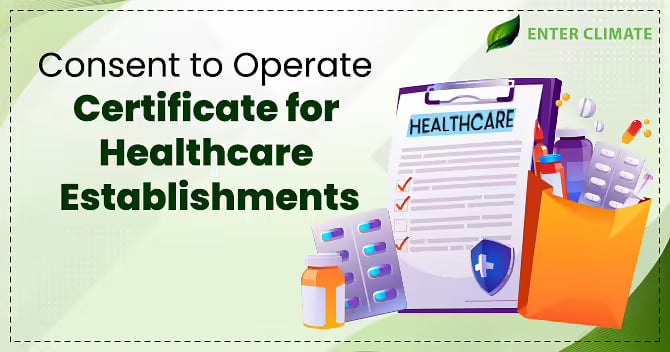
Consent to Operate Cert...
The world is slowly realizing the lethal consequences of increasing pollution primarily caused by industrial waste that they carelessly dispose of to the human health and environment, have provoked ma....Read More
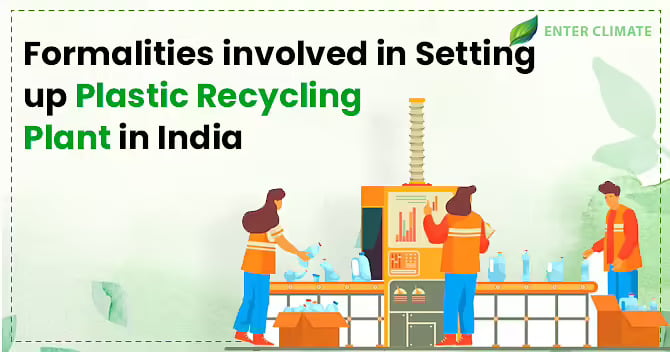
Formalities involved in...
Plastic is defined as a group of materials, either naturally or synthetically made, that can be molded into any shape. Plastic is also a type of polymer that is made....Read More











